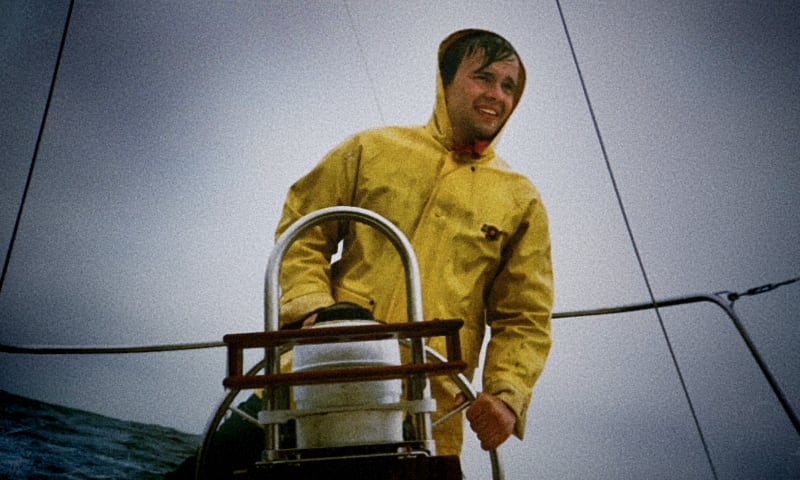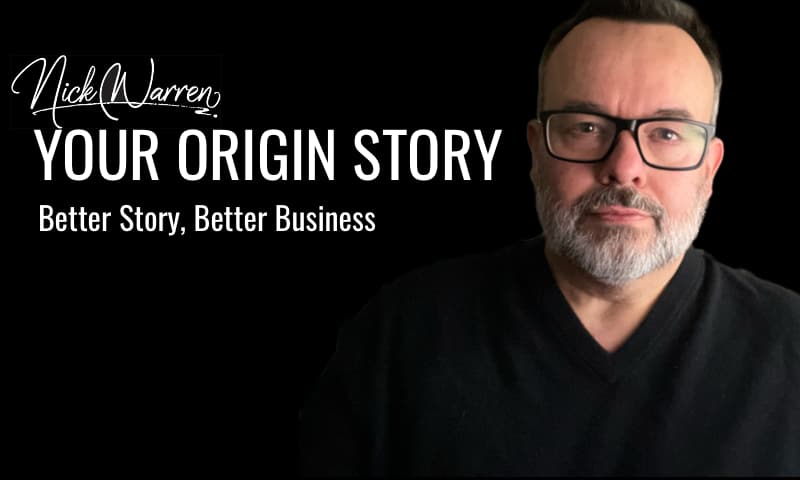Seth mentions branding fairly often, although I think his advice about it lies elsewhere.
The first time I read his comments on our need for superpowers, I swore under my breath. So simple to think about, so hard to define.
What I LOVE LOVE LOVE is the thinking around branding and mythology. When I work long-term with clients, it’s exactly this we are working. A true mythology.
BRANDING IS DEAD; LONG LIVE BRANDING
Here’s my take: The data is irrefutable. The number of massive megabrands and their value (in terms of the premium consumers are willing to pay) is shrinking, and fast. You cant charge as much for a Sony DVD player or a Marlboro cigarette as you used to.
The number of new microbrands is exploding. Blogger Hugh MacLeod, founder of gapingvoid.com, is a brand now. If we define the word brand as shorthand for a set of commercial attributes, emotions, stories, whatever, then any blogger with a following has a brand.
And the same goes for the thousands of microbrews, perfumes, and hot – sauce products. All are brands, all cluttering the shelves of our minds. There’s a difference between brands and branding. Brands exist whether you want them to or not. Brands aren’t going to go away anytime soon. Brands are a useful shorthand for a complicated asset within an organization. Branding, on the other hand, is a thing you do. And as an activity, branding is problematic. Branding is ill defined, usually vacuous, often expensive, and totally unpredictable. You shouldn’t aim to be someone who does branding.
Small Is The New Big (2006) – Seth Godin
Mr. Light described the concept as one marking the end of brand positioning as we know it. He went on to say that effective marketing should use many stories rather than employing one message to reach everyone. In effect, he declared that McDonalds was abandoning the universal message concept. Any single ad, commercial or promotion is not a summary of our strategy. It’s not representative of the brand message, he said. We don’t need one big execution of a big idea. We need one big idea that can be used in a multidimensional, multilayered and multifaceted way. He went on to define brand journalism, which he also referred to as a brand narrative or brand chronicle, as a way to record what happens to a brand in the world, and create ad communications that, over time, can tell a whole story of a brand.
Small Is The New Big (2006) – Seth Godin
Some fancy marketers might call this a positioning statement or a unique selling proposition. Of course, it’s not that. It’s a superpower. When you meet someone, you need to have a superpower. If you don’t, you’re just another handshake. It’s not about touting yourself or coming on too strong. It’s about making the introduction meaningful.
If I don’t know your superpower, then I don’t know how you can help me (or I can help you). When I tell the superpower story to people, they seem to get it. But then I ask them their superpower, and they pick something that might be a power but it isn’t really super. It’s sort of an average power. “I’m pleasant and compliant” is the one we’ve been taught. Sorry, that’s good, but it’s not super. If you want to be a linchpin, the power you bring to the table has to be very difficult to replace. Be bolder and think bigger. Nothing stopping you.
Linchpin: Are You Indispensable? (2010) – Seth Godin
Brand as Mythology
Most of us remember the mythology stories they taught us in school (Zeus and Thor and the rest of the comic-like heroes).
Myths allow us to project ourselves into their stories, to imagine interactions that never took place, to take what’s important to us and live it out through the myths.
There are dozens, if not hundreds, of entertainment mythological brands. James Bond and Barbie, for example. But it goes far beyond that. There’s clearly a Google mythology and a Starbucks one as well.
So, if I were trying to invent a Mythic Brand, I’d want to be sure that there was a story, not just a product or a pile of facts. That story would promise (and deliver) a heroic outcome. And there needs to be growth and mystery as well, so the user can fill in her own blanks. Endorsement by a respected ruler or priest helps as well.
The key word, I think, is Spiritual. Mythological brands make a spiritual connection with the user, delivering something that we can’t find on our own … or, at the very least, giving us a slate we can use to write our own mythology on.
Whatcha Gonna Do with That Duck?: And Other Provocations (2013) – Seth Godin
P.S. My superpower? I reshape reality through storytelling. (To dig into this, follow the link to Story.Business below.)
See Also:
On Authenticity | On Branding | On Challenging Yourself |On Comic Books (and life) | On Mythology | On Storytelling | On Your Story
Or choose a path towards stories that mean business.

Explore the art and science of business storytelling. The rabbit hole goes way deeper than you think.

The Business Storytelling Glossary lists the concepts, ideas and definitions that use in my work. Your mileage will vary.

